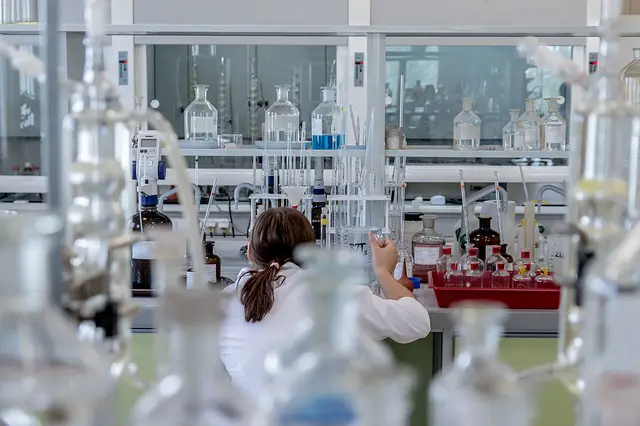By Joshua Mansour, MD
Have you heard about the futuristic ‘CAR’ that might soon be speeding past cancer?
No, this is not a new automotive car being released this spring, but instead is something even more exciting. This type of CAR is a cancer therapy that is making headlines and is now on the road to being one of the treatments of the future.

In a throwback to Henry Ford’s Model T, this medical innovation is called CAR T-cell therapy. The CAR stands for Chimeric Antigen Receptor. This type of cellular immunotherapy involves physicians extracting a particular type of white blood cell from the patient’s blood (T-cells) and then attaching them to one of these artificial receptors. Once these cells are infused back into the patient they begin to multiply, and with guidance from the receptor, recognize cancer cells that contain their same antigen.
This is a cancer therapy that was discovered in 1989 but has not yet been put into high gear until recently. It is already changing how patients with blood cancers that have not been responsive to previous therapy are being treated. Although the technology has been described almost three decades ago, clinical implementation has not occurred until recently. Even though CAR T-cell therapy is not well known to the general public, it has been speeding along the medical highway, with no rest stop in sight.
This rapid pace is of great value because hematological malignancies (blood cancers) are the fourth most common cancer in the United States. Non-Hodgkins Lymphoma is the most common of these in the United States and outcomes in aggressive and refractory subtypes are poor. Of this disease, the most common subtype is Diffuse Large B-Cell Lymphoma in which only small percentage of patients with relapsed disease or disease that was refractory to initial therapy is then cured with a stem cell transplant. Although this treatment has been approved for patients under the age of twenty-five with Acute Lymphoblastic Leukemia until recently this type of therapy had been restricted to smaller clinical trials for other very advanced and aggressive diseases.
However, the remarkable rate of responses from these trials caught the eyes of researchers and physicians around the world. These results have shown that patients who had failed conventional therapy were not only seeing their disease stabilize, but also saw a significant response. Recent trials have shown ongoing complete remission with duration ranging from 18-24 plus months. In early trials, there were even persisting CAR T-cells observed in great than 70% of patients remaining in response at 1 year. Durable responses continued to remain in patients with and without detectable persisting CAR T-cells. Although these responses can deepen and improve over time, it has also been seen in instances that the ongoing response of these cells can decrease when a higher amount of tumor burden is present.
So, is this exciting CAR of the future right for every patient? No. It depends on the individual, their disease, and several other factors. Plus there are still some side effects that patients should be aware of before they take this CAR for a spin. One of them is a “cytokine storm” or cytokine release syndrome (CRS) that about 70-90% of patients may experience. Think of it as the radiator breaking down, leading to overheating of your engine with severe flu-like symptoms of fever and body aches. This occurs secondarily to the multiplying activity of the T-cells, leading to the dynamic immune response.
Another side effect, known as “CRES” (CAR T-cell Related Encephalopathy Syndrome), can begin a few days after infusion of the cells where patients become confused and disoriented. Think of it as a breakdown in the transmission. You are unable to mentally shift gears and form complex sentences and thoughts that you were able to once before. Just like when you take your automobile to a busy shop, it takes a few days for things to be back to normal. These adverse effects are reversible with the right mechanic and a skilled tune-up.
About Joshua Mansour, MD:
Dr. Joshua Mansour is a board-certified hematologist/oncologist working and in the field of hematopoietic stem cell transplantation and cellular immunotherapy in Stanford, California. Recently he has managed to have over 10 recent abstracts and over 10 recent manuscripts published in esteemed journals and given countless presentations at conferences and other institutions. He has helped design and implement clinical studies to evaluate current treatment plans, collaborated on grant proposals, and lead multi-institutional retrospective studies that have been published.
Linked In: https://www.linkedin.com/in/joshua-mansour-md-698a51146/
Instagram (where he gives helpful tips and mini blog): @DoctorJosh_MD
* The information available on ewellnessmag.com, including text, graphics, and other materials are for informational purposes only. Reliance on any information in ewellnessmag.com is at the user’s own risk. Sponsored product placement may appear in the article. The visitor of this website acknowledges that the information available on or through ewellnessmag.com is not and is not intended to be a substitute for professional medical advice. Copyright © 2022 Brawo Press, Inc. All rights reserved.




